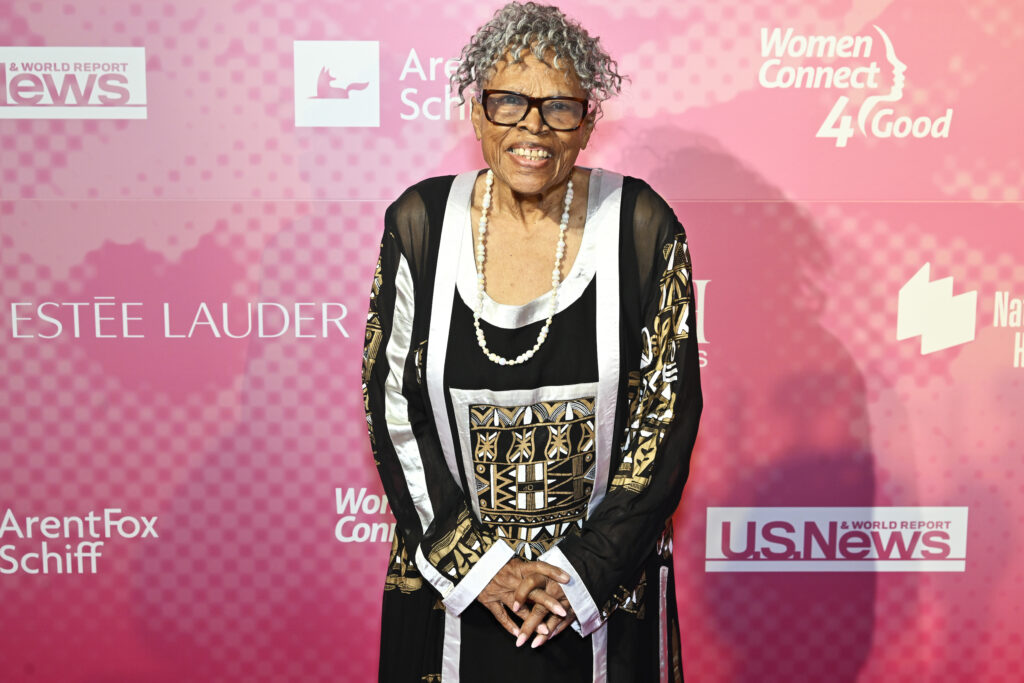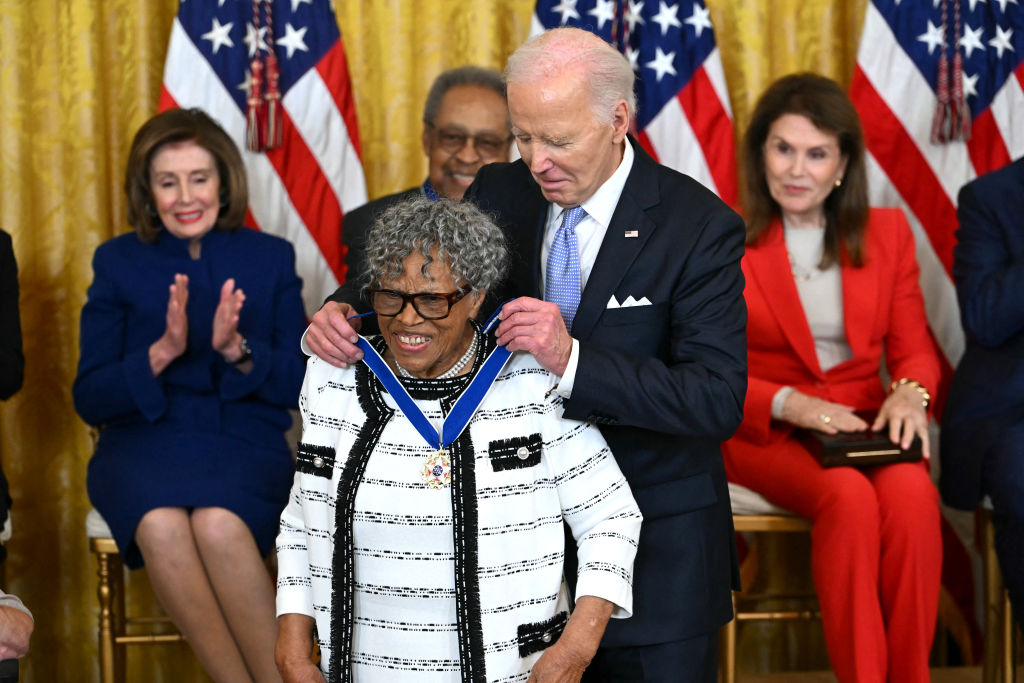When talking about Black liberation, celebration, and history, you must mention Opal Lee, affectionately known as the Grandmother of Juneteenth. She’s more than an elder. She’s a blueprint and a force. A woman whose fierce devotion to justice turned a national blindspot into a federal holiday. At 97 years young, Opal Lee is a living reminder that you’re never too old to change the world.
Who Is Opal Lee?
Born in Marshall, Texas in 1926, Lee is an educator, activist, and community leader who has spent nearly a century advocating for equity, education, and the preservation of Black history. A former teacher and counselor in the Fort Worth public school system, her dedication to community began long before Juneteenth entered the national spotlight.
But her personal connection to Juneteenth is both painful and powerful.
When she was just 12 years old, a white mob burned down her family’s home in Fort Worth. The trauma of that moment never left her, but instead of becoming bitter, she turned it into fuel for change.
In 2016, at age 89, Opal Lee set out to walk from Fort Worth to Washington, D.C., a symbolic 1,400-mile journey, to raise awareness and advocate for Juneteenth to be recognized as a national holiday. She walked 2.5 miles each day to represent the two and a half years it took for news of emancipation to reach enslaved Black Texans after the Emancipation Proclamation was signed in 1863.
Her mission wasn’t about just a holiday. It was about truth and recognition. Lee wanted to see this country reckon with the deep roots of its injustice and the resilience of Black people in the face of it.
She didn’t walk alone, either. Her campaign went viral, earning support from national figures and celebrities alike. In 2021, her efforts paid off. President Joe Biden officially signed the bill making Juneteenth a federal holiday, with Opal Lee standing right beside him.
That moment was historic, but it was hard-won.
A Celebrated Legacy

What makes Lee so iconic is her vision. She believes Juneteenth isn’t just about the end of slavery. It’s about healing and community. She believes it’s about acknowledging the truth, even when it’s uncomfortable.
While Juneteenth now appears on official calendars, Lee wants it to live in homes, classrooms, and in the hearts of the nation. She has continually emphasized that the holiday is a call to action, not just a cookout.
Through her nonprofit, the National Juneteenth Museum, which is currently under development in Fort Worth, Lee is building a legacy that ensures the next generation understands the full picture of Black history. Not just the parts deemed palatable.
